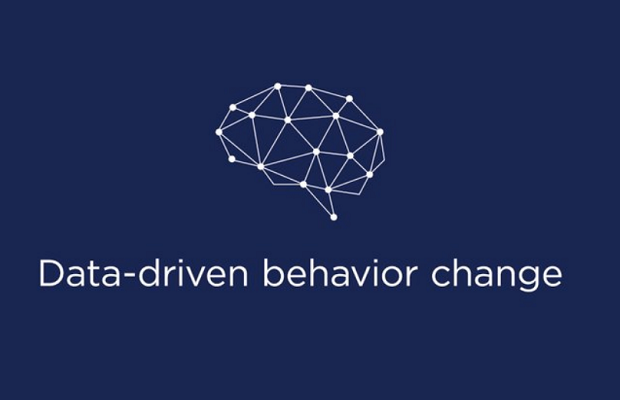Cambridge Analytica, the firm at the centre of the Facebook data breach is shutting down, but has been told it “cannot be allowed to delete their data history by closing”.
The Information Commissioner’s Office (ICO), which has been looking into the British firm’s handling of data harvested from millions of Facebook users, and raided its offices in March, said the inquiry would continue.
Cambridge Analytica said on Wednesday that it had been the subject of “numerous unfounded accusations” and had been “vilified” for activities that were both legal and accepted as a “standard component of online advertising in both the political and commercial arenas”.
It blamed a “siege of media coverage” for driving away customers, meaning the company’s continued operation was no longer viable, leaving it “with no realistic alternative to placing the company into administration”.
An ICO spokeswoman said: “We will be examining closely the details of the announcements of the winding down of Cambridge Analytica and the status of its parent company.
“The ICO will continue its civil and criminal investigations and will seek to pursue individuals and directors as appropriate and necessary even where companies may no longer be operating.
“We will also monitor closely any successor companies using our powers to audit and inspect, to ensure the public is safeguarded.”
Damian Collins, chair of the Commons select committee for Digital, Culture, Media and Sport, said Cambridge Analytica and parent company SCL “cannot be allowed to delete their data history by closing” and that investigations into their work for vital.
Zuckerberg faces UK hearing
On Tuesday, Collins repeated a request for Facebook boss Mark Zuckerberg to appear before the committee, saying evidence provided by the company’s chief technology officer Mike Schroepfer last week “failed to answer fully” MPs’ questions.
Zuckerberg has already been grilled by US politicians over the scandal.
He has said it was a mistake to rely on Cambridge Analytica to delete tens of millions of Facebook users’ data and apologised for the “major breach of trust”.
Facebook has said that up to 87 million people may have had data harvested by a personality test app which was then acquired by the company.
Ahead of the US presidential election in 2016, Cambridge Analytica used its Facebook data to build psychological profiles on a large portion of the electorate.
It collected information on tens of millions of people and their Facebook friends, even those who did not download the app themselves.
Cambridge Analytica was able to use the profiles to target voters with highly personalised advertising based on their personality data.
Facebook has since tightened its privacy restrictions.
Cambridge Analytica always denied wrongdoing and Trump’s campaign has said it did not use its data.
There have also been claims about links to the Leave.EU group ahead of the Brexit referendum in 2016 but the boss of Cambridge Analytica denied ever working with the campaign.
In related news, Alexander Nix, the former CEO of Cambridge Analytica has registered a new data company called ‘Firecrest Technologies Limited’.
Cambridge Analytica commence insolvency proceedings and release results of independent investigation: https://t.co/BeDLpU1gIh
— Cambridge Analytica (@CamAnalytica) May 2, 2018

